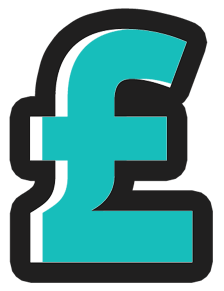

Hyperlexia has a number of indicators, and children with Hyperlexia may:
Hyperlexia can be displayed through various characteristics, and not all children and young people will present in the same way.
Due to the number of areas being assessed during an assessment for Hyperlexia we have a broad range of assessments available to use. The most common assessments we would use include:
The above are a selection of possible assessments we may use, an individual will likely be asked to complete a variety of subtests from different assessments to provide a holistic understanding of their needs.
Following an assessment, strengths and needs will have been identified in order to be used to support a child or young person. Following an assessment recommendations may be made in relation to a child or young person’s learning style. A report will be provided following an assessment.
Interventions which use written language over verbal language are very useful when it comes to children and young people with Hyperlexia learning new information. Specific interventions may be chosen according to the individual and their identified needs. Interventions may focus on social skills, social communication, anxiety, verbal language skills or making environmental changes.
Arrange an Initial Discussion to find out how we can help. The initial discussion lasts 1-1.5 hours, comes with a written recommendation summary and is a starting point to identify needs. The cost is £300.
only
£300








Once again thank you for all your help and for actually listening to me when others wouldn’t.

Jodie (Parent)
Thank you Julie once again for the excellent report, it captured the child’s needs entirely - SENDIASS, parents and me commented on how well written it was. Many thanks for your continued assistance.

SENCO
Sarah Ward was brilliant with us. Really happy with the help and support, would recommend.

Joanne (Parent)
I think the work you have been doing has been great to help break the stigma of mental health and as a fellow sufferer I know how important that is.

Mental health professional
Many thanks for Sarah W’s hard work with our students which has been very well received.

Deputy Head
Really enjoyed it and learnt lots that I can take back to school. Thank you for the quality experience.

Sarah Tindal
Thank you Julie once again for the excellent report, it captured the child’s needs entirely - SENDIASS, parents and me commented on how well written it was. Many thanks for your continued assistance.

SENCO

We provide bespoke solutions to suit all budgets and requirements for children and young people aged 0-25 in homes, education settings and the community. Our clinical, educational and child psychology services are cost effective.
To make a referral and arrange an initial discussion please complete our referral form.

Ready to get started? The next step is to speak to our team to find out more about the services we provide and how we can help. Call us on 0161 820 9229 or email office@hsrpsychology.co.uk